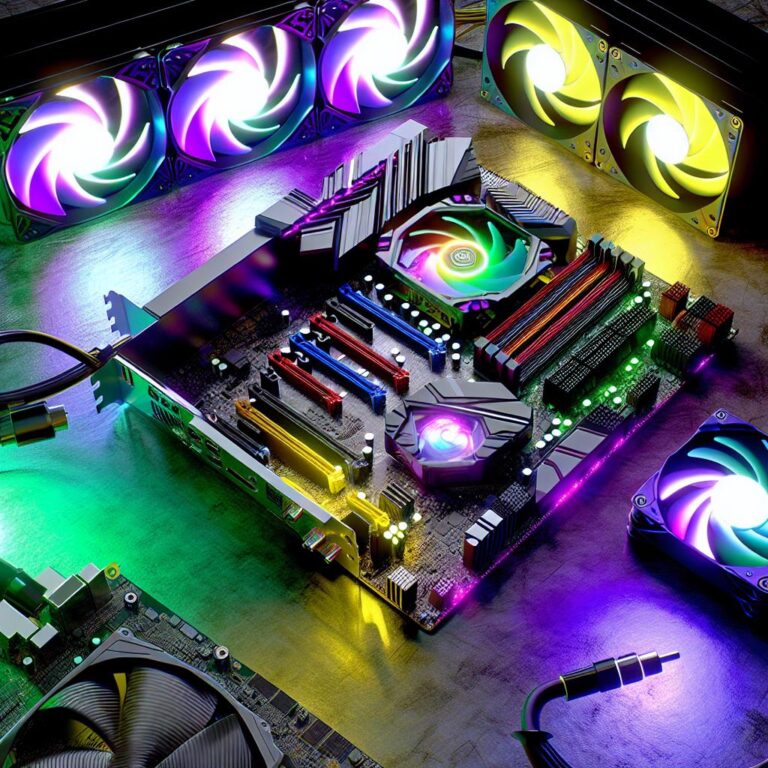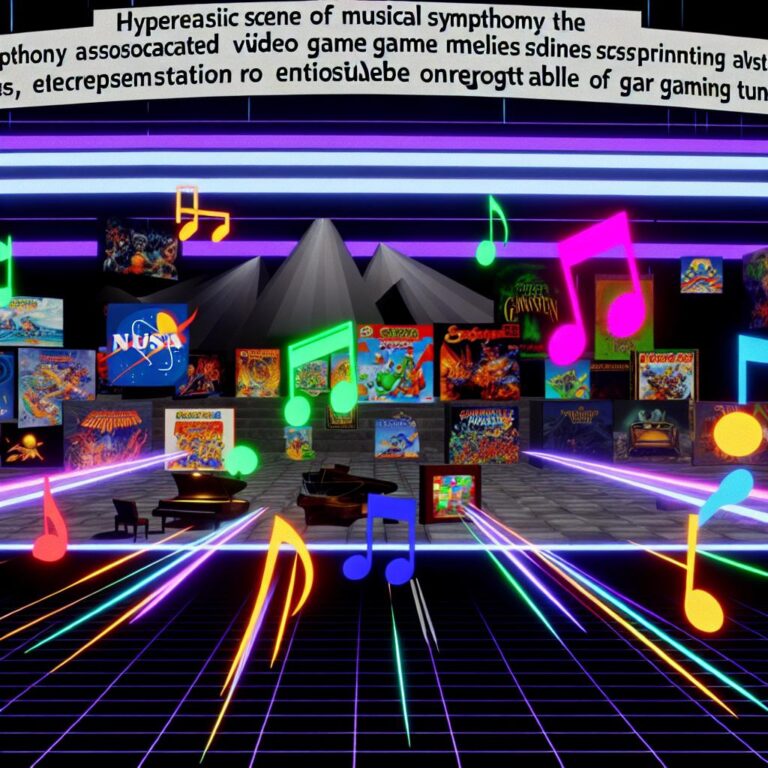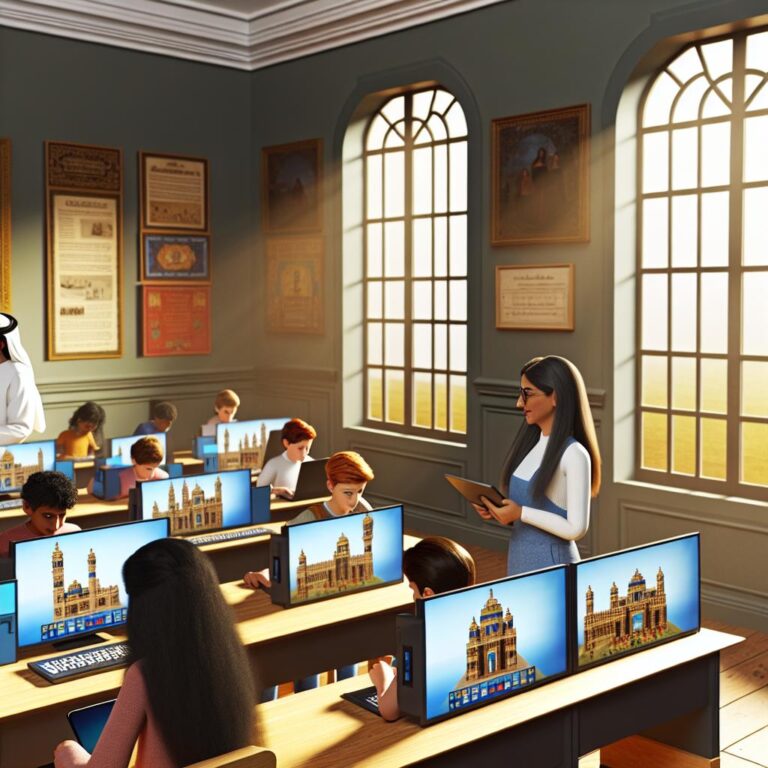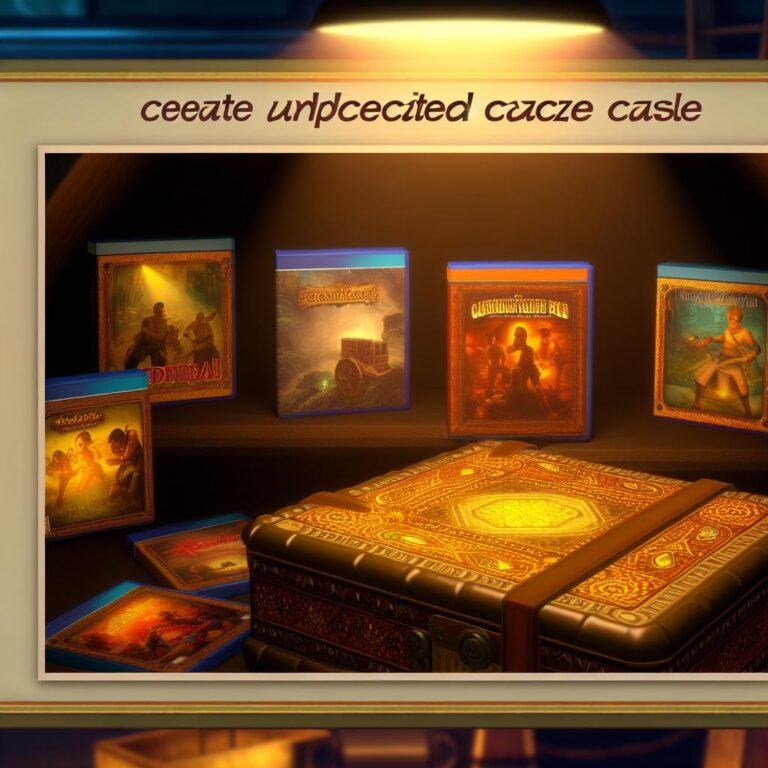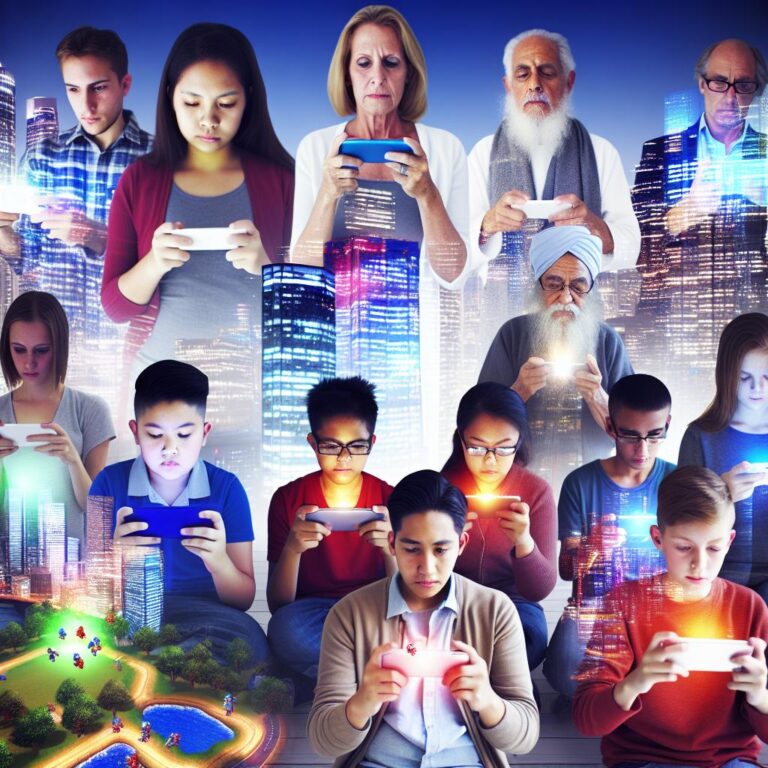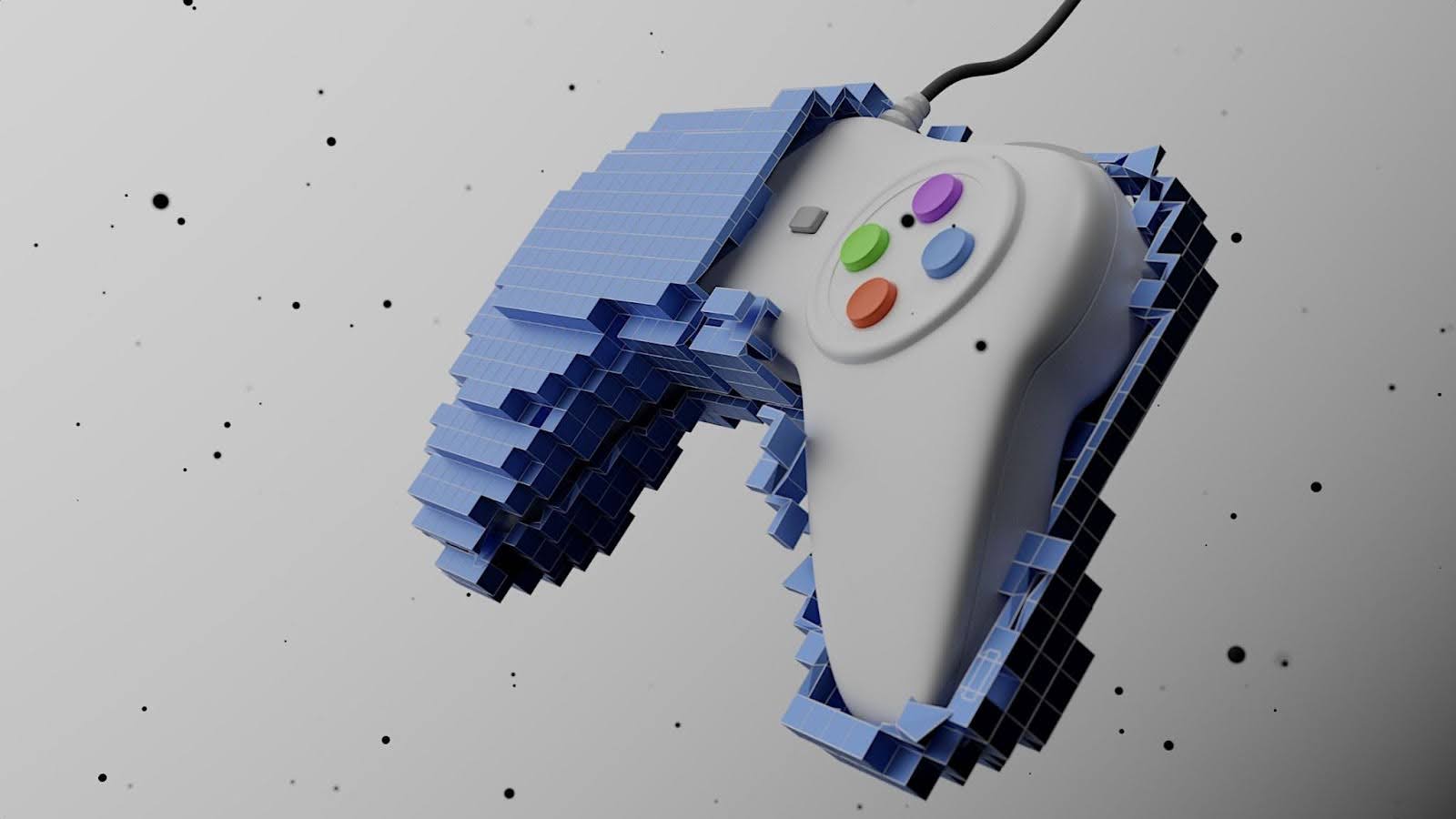
There is a huge change happening in the realm of making video games. AI is no longer merely a part of games; it increasingly controls how they are developed. AI is changing the way we operate, the depth of gameplay, and the creative possibilities by adding procedurally generated dialogue, adaptive NPCs (non-playable characters), and voice-prompted world-building.
Indie developers with AI-powered tools can now perform what used to be only possible for big studios with big resources. Platforms like Epic Games’ MetaEditor (which comes with Unreal Engine 5) and Ubisoft’s NeoDesign have made it possible to build assets in real time. This means that developers can use basic text or voice cues to make complete game environments, animations, and story elements.
“AI isn’t replacing human creativity, it’s enhancing it,” said Devika Raman, Lead AI Systems Architect at HorizonForge Studios. “With the right prompt, we can build an explorable village in minutes that used to take weeks. This lets our team focus on making the story deeper, the player experience better, and the game more polished.”
Gone are the days when NPCs repeated the same lines regardless of a player’s actions. With advanced machine-learning models, NPCs in titles like Cyber Horizon and Galactic Edge can now recall past player decisions, recognize evolving alliances, and even change behavior over time. This means a guard you once bribed may remember your betrayal, or a side character may evolve into a key ally or adversary, based on cumulative interactions.
This level of emotional memory and behavioral nuance is redefining what immersion means in a game.
AI-driven procedural storytelling is also giving rise to dynamic narratives that adapt to individual players. Games like Eclipse Vale are offering branching paths not based on pre-written forks but on player behavior, mood, and choices in real time. These experiences are highly replayable and unique for every gamer.
To showcase these innovations, many studios are embracing press release distribution on gaming and tech media platforms, highlighting AI-driven features and inviting players into early beta programs. One recent press release from Pixelverse Interactive promoted their new sandbox RPG Worldbound, boasting “100+ AI-generated story arcs shaped by your moral compass and decision-making patterns.”
Perhaps the most empowering result of AI’s integration is its ability to level the playing field. Indie studios with five or fewer team members can now produce AAA-quality assets using AI-generated textures, soundscapes, and environmental lighting, all without compromising originality. The game creation process has become faster, more intuitive, and more accessible.
To promote this shift, digital marketing teams are launching behind-the-scenes development diaries and interactive demos showing how AI tools help small teams work smarter. Campaigns on social media like “#BuiltWithAI” are popular. In these, independent creators dare each other to make mini-games in 48 hours or less using assets made by AI.
Still, as AI takes on a more significant role in storytelling, ethical considerations grow louder. Developers are increasingly turning to AI narrative consultants and cultural sensitivity reviewers to ensure that procedurally generated content does not veer into unintended stereotypes or disjointed experiences.
Workshops, whitepapers, and panel discussions are also growing as part of the responsible AI in games movement, with developers working together globally to establish guidelines.
AI is not just changing how games appear and work, but also how developers and players interact with each other. The border between gaming and storytelling is getting blurry because each quest is different for each player, and each character is made to grow emotionally with them.
As a result, gamers will have personalised and engaging experiences. In this new era of collaborative creativity, developers can let AI handle the heavy lifting while humans focus on vision.
Something is becoming abundantly evident as the AI revolution progresses: the game has changed, and that’s just the start.

